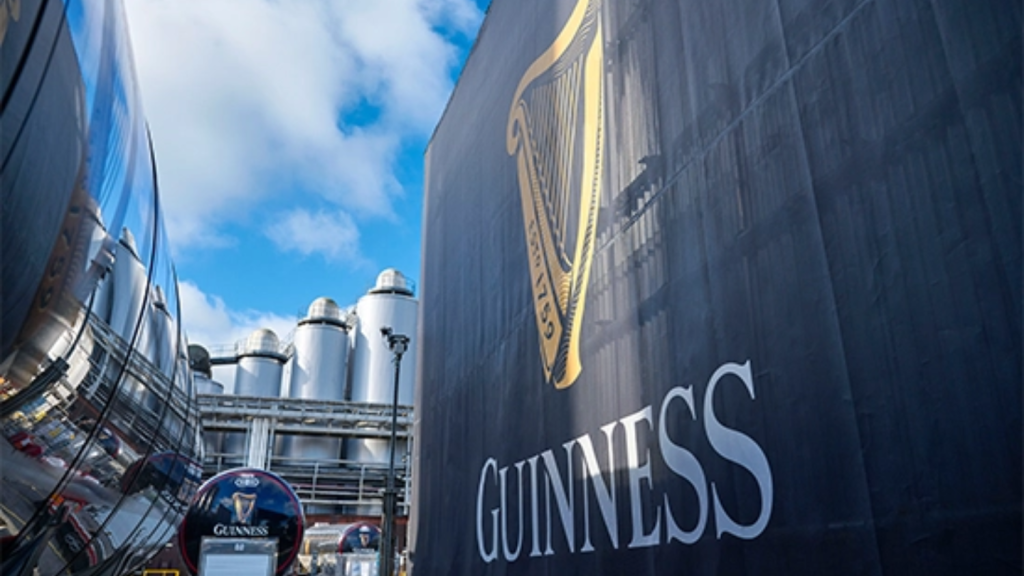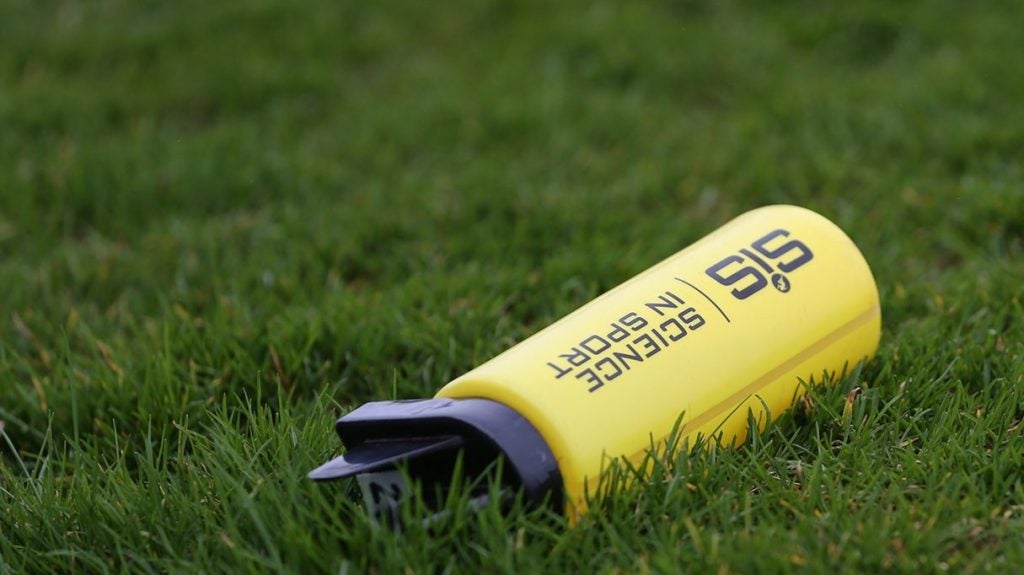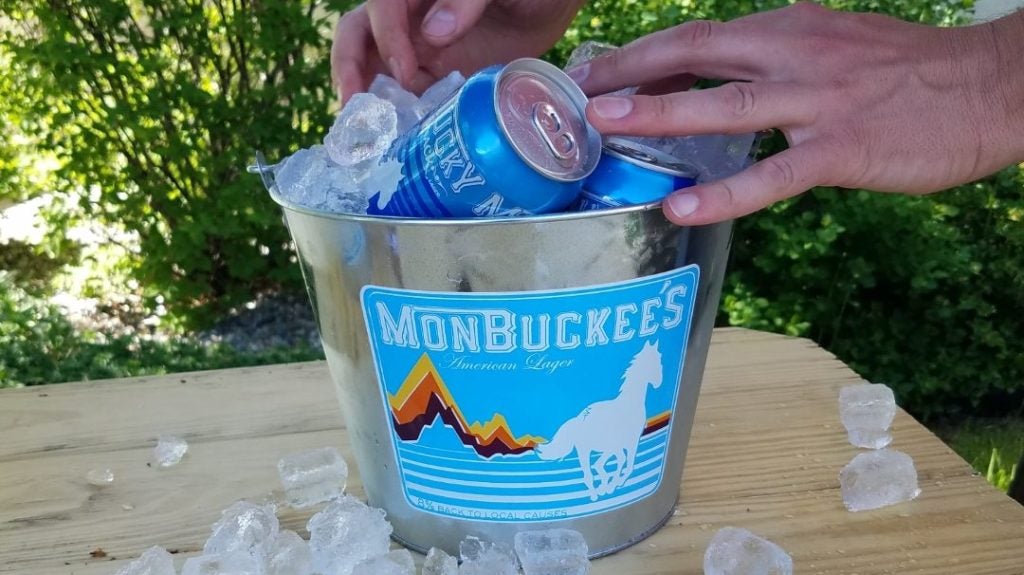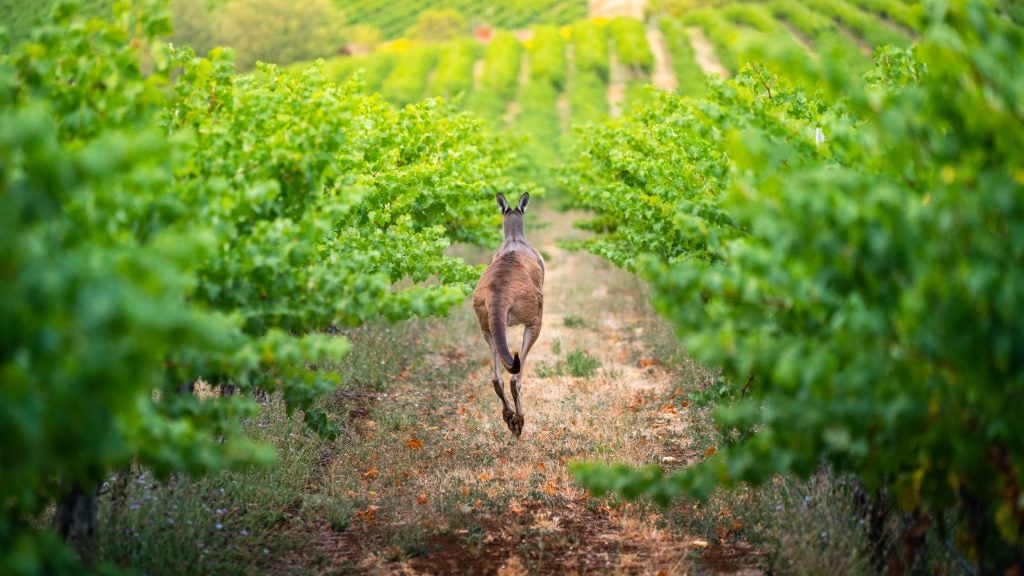Diageo is set to invest around €100m ($108m) into its St. James’s Gate brewing site in Ireland in an effort to reduce its carbon emissions.
The London-listed group said the investment will “transform energy and water consumption” at the Guinness home, “with the aim to make it one of the most efficient breweries in the world by 2030”, according to a statement.
The injection will allow the Dublin brewery to “entirely phase out the use of fossil fuels in its direct brewing operations”. Diageo added it will reduce Scope 1 and 2 greenhouse gas emissions by more than 90% at the site, “in line with the Science Based Target Initiative’s (SBTi) definition of net zero”.
The SBTi aims to encourage the private sector to act on climate change by supporting companies and financial institutions to understand how quickly they need to reduce emissions to align with the Paris ambition of limiting warming to 1.5°C.
St. James’s Gate will use grid-supplied electrical power heat pumps and biogas generated within a new water recovery facility by 2030.
The new facility is also anticipated to reduce water consumption for the brewing of Guinness by 30%.
Diageo’s chief executive Debra Crew said: “St. James’s Gate is an historic location for an iconic brand. We’re 260 years into our 9,000-year lease at St. James’s Gate and this investment will ensure that Guinness has an exciting and long-term sustainable future. We are proud to lead the way on decarbonisation, both as a major Irish business and as an industry-leading company.”
The group is preparing a planning application for the project that will be submitted to Dublin City Council later this year.
The world’s largest spirits business’ environmental targets include two goals on emissions for 2030.
By that year, the Johnnie Walker brand owner wants to “become net zero carbon in our direct operations”, covering Scopes 1 and 2.
On Scope 3, Diageo is aiming to “reduce our value chain carbon emissions by 50%” by 2030.
The group’s 2030 targets also include an aim to only use renewable electricity at its “direct operations”.
In Diageo’s fiscal 2023 annual report, the company said it had cut the carbon emissions from its carbon emissions by 5.4%. It pointed to the “beneficial impact” of its biomass plants in east Africa and its use of liquid biofuel and renewable electricity.
Across Diageo’s whole value chain, the group saw its Scope 3 emissions fall by 1.2%. However, the Tanqueray gin owner added: “We remain behind our 2020 baseline by 20.7%.”
Diageo’s 2030 emissions targets are approved by the SBTi. However, the company’s longer-term net-zero goal is classified as “commitment removed” on the SBTi website. Diageo, like dozens of other companies, is in the process of submitting an update to the SBTi and is aiming to have the target reviewed by the organisation within the next 12 to 18 months.
















